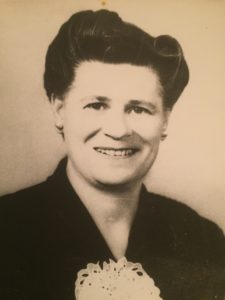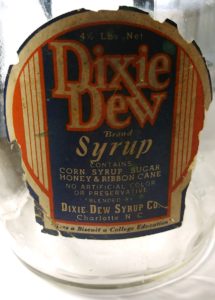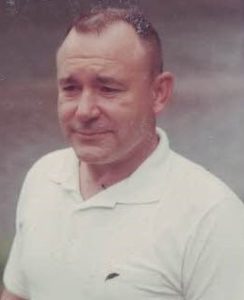No. 3

During the inauguration of North Carolina Gov. James E. Holshouser Jr. a 21-year-old N.C. State University sophomore climbed a tree on New Bern Avenue to get a better view.
A State Capitol Policeman told the fellow to come down, but he refused. The policeman climbed up the tree, jabbed the student with his nightstick, maced him, and finally knocked him out of the tree. Then he arrested him, and took him before a magistrate — who released him.
The magistrate released him because he could find no law against sitting in a tree.
The magistrate said that because the student was not violating a law when the officer ordered him to come down the officer’s order was unlawful.
* * *
No. 4
More than 1,000 patient medical records, covering a decade, were hidden in a wall of the Cherry Point Naval Hospital, according to a report the Navy finally gave me. Instead of filing those records with the patients’ other medical records, hospital corpsmen apparently climbed onto a chair or desk, lifted a ceiling tile, and dropped them into the space behind the drywall.
They could file a lot of records quickly that way and go back to reading a book, or whatever they thought was more important than doing their job.
 My partner had tried for weeks to get a copy of that Navy report, which we were entitled to have under the Freedom of Information Act. But, plain and simple, it was embarrassing and the Navy was dragging its feet. No, it was worse than that: To save face the Navy was breaking the law.
My partner had tried for weeks to get a copy of that Navy report, which we were entitled to have under the Freedom of Information Act. But, plain and simple, it was embarrassing and the Navy was dragging its feet. No, it was worse than that: To save face the Navy was breaking the law.
When I drove to Cherry Point to interview the captain in charge of the hospital I told him I had served in the Navy, aboard USS Los Angeles. My three brothers had been in the Navy. My oldest son and his wife were naval officers. Both were graduates of the U.S. Naval Academy at Annapolis.
“My family is Navy,” I told the captain. “Why is the Navy doing this to one of its own?”
A few days later the report arrived at The News & Observer where I worked an investigative reporter.
* * *
No. 5
The most unusual traffic case I ever wrote about involved a District Court judge who signed an order changing the date of a drunk driving charge. Bet you thought only God could do something like that, change the date something happened.
The defendant had 15 previous traffic convictions, including two for reckless driving and one for drunken driving. His driver’s license had been revoked five times. And now he was back in court, accused, again, of drunk driving. But why change the date he was caught?
Here’s why.
Under North Carolina law at the time a driver who had not had a drunk driving conviction in the previous seven years was eligible for a limited driving permit. Moving the date 11 days put the the defendant’s conviction outside that seven-year window, and making him eligible for a limited permit, which the judge gave him.
Coming Monday: What Can Go Wrong Will


